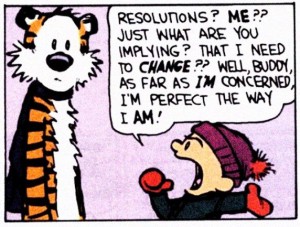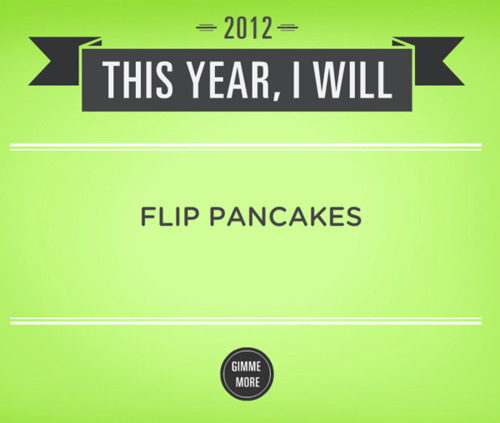
In the last six months, I’ve experimented with a simple strategy that has improved my work and my health.
Using this one basic idea, I’ve made consistent progress on my goals every single week — without incredible doses of willpower or remarkable motivation. I want to share how I use this strategy and how you can apply it to your own life to improve your health and your work.
The Problem with How We Usually Set Goals
If you’re anything like the typical human, then you have dreams and goals in your life. In fact, there are probably many things — large and small — that you would like to accomplish. But there is one common mistake we often make when it comes to setting goals. (I know I’ve committed this error many times myself.)
The problem is this: we set a deadline, but not a schedule.
We focus on the end goal that we want to achieve and the deadline we want to do it by. We say things like, “I want to lose 20 pounds by the summer” or “I want to add 50 pounds to my bench press in the next 12 weeks.”
The problem is that if we don’t magically hit the arbitrary timeline that we set in the beginning, then we feel like a failure — even if we are better off than we were at the start. The end result, sadly, is that we often give up if we don’t reach our goal by the initial deadline.
Here’s the good news: there’s a better way and it’s simple.



 Happy Friday! Catch up with the best of what we’ve shared on the interwebs this week!
Happy Friday! Catch up with the best of what we’ve shared on the interwebs this week!  Dundee’s Tip of the Week: Want to make reports of your dones to show off your progress?
Dundee’s Tip of the Week: Want to make reports of your dones to show off your progress? .
.

